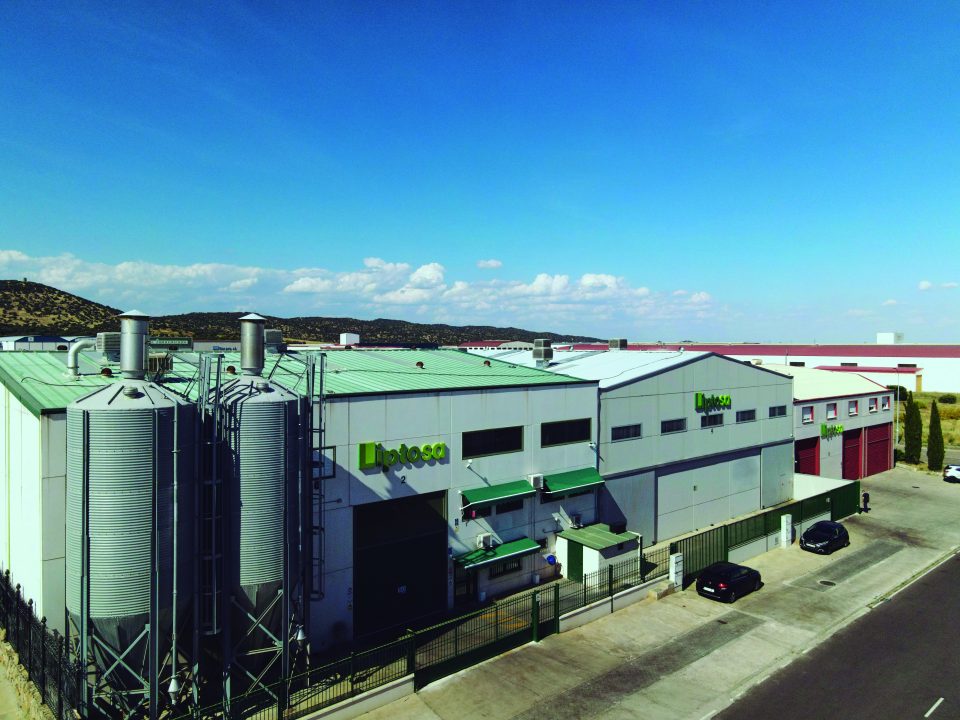Lipidos Toledo, S.A. (LIPTOSA) is an animal nutrition company commited since 1996 to provide effective solutions to nutritionists, veterinarians and farmers in the animal feed sector all over the world, improving animal production performance and helping to decrease the usage of antibiotics.
Being present in more than 60 countries on 5 continents, LIPTOSA has a wide experience developing and manufacturing phytobiotics and nutraceuticals in animal production (aquaculture, poultry, swine, ruminants, etc…) with the aim of offering a healthy and efficient growth of animals, under the belief that a correct nutrition is essential for disease prevention.
True to the “green way of life” philosophy, LIPTOSA seeks the most sustainable way to achieve effective products , in strict compliance with European Union legislation, making the most of the resources provided by nature.
The importance of phytogenic and nutraceutical solutions based in botanical compounds and natural ingredients for the prevention of diseases lies in the fact that there are more than 10.000 plants with medicinal properties that can be found in nature: a huge variety of natural sources of functional substances to promote antioxidant, antimicrobial, antiviral, anti-inflammatory properties and digestive stimulations.
Phytotherapy, or herbalism, is defined as the usage of plants or herbs as medication to treat or prevent diseases in human and animals. This practice is gaining more attention among healthcare professionals as well as large-scale livestock producers. A number of reports have shown the positive effects of botanicals as an antiviral agents used in animal feed or as a prophylaxis and remedy. Besides being a more competitive and safer alternative, the use of Phytogenics may reduce the incidence of drug resistance and may modulate the immune system in preventing viral-related diseases.
The study of the chemistry and the mechanism of action of plants extracts in animal nutrition provides us novel feed trends with funtional properties, including sustainable solutions for the use of natural additives as performance enhancers.
Aromatic plants, herbs, and their essential oils have been used in traditional medicine, food preparation and preservation, religious observances and cosmetic purposes for thousands of years. Today, the use of these botanicals compounds as feed additives, as sources of ve compound, continues to grow, aiming to address the modern consumer’s demands for natural, safe, and high-quality products. Thus, research on the use and efficacy of phytobiotics should continue to better understand any health benefits in animals and humans. Aromatic plants seem to fulfill the requirements of current demand and future developments in livestock nutrition.
Accordingly, the bioactive compounds of vegetal origin possess a variety of functions with health-related benefits and nutrigenomics implications on the maintenance of general health as well as immunity. Nowadays, there is a considerable pressure on the food and feed industry to look for natural, eco-friendly and generally safe substances to be used in nutrition. The phytobiotics fulfill these demands so they can serve as nutraceuticals with many possible commercial applications, such as performance improvers, immunomodulators, antioxidants, flavorings, pigments and preservatives in animals, as well as an alternative to antimicrobials and synthetic substances.



